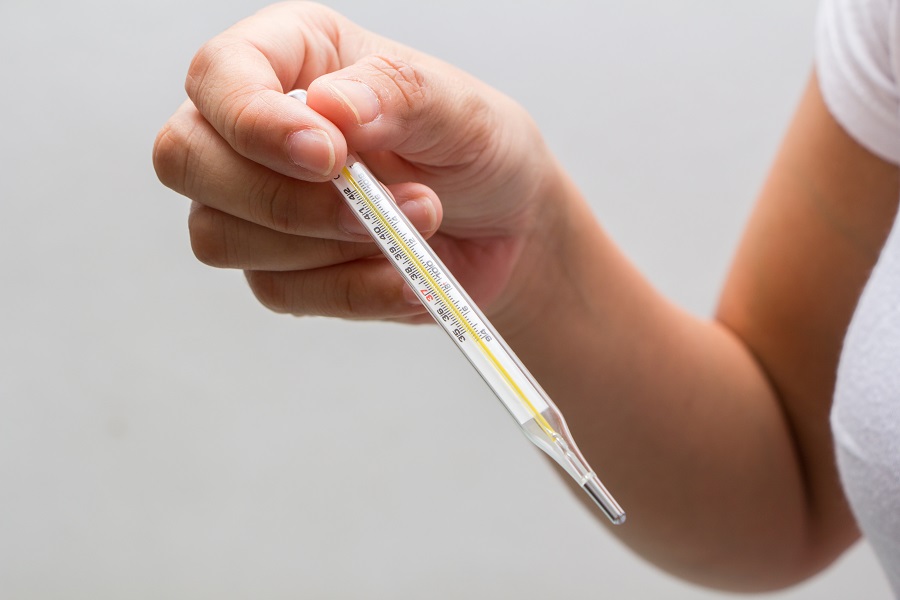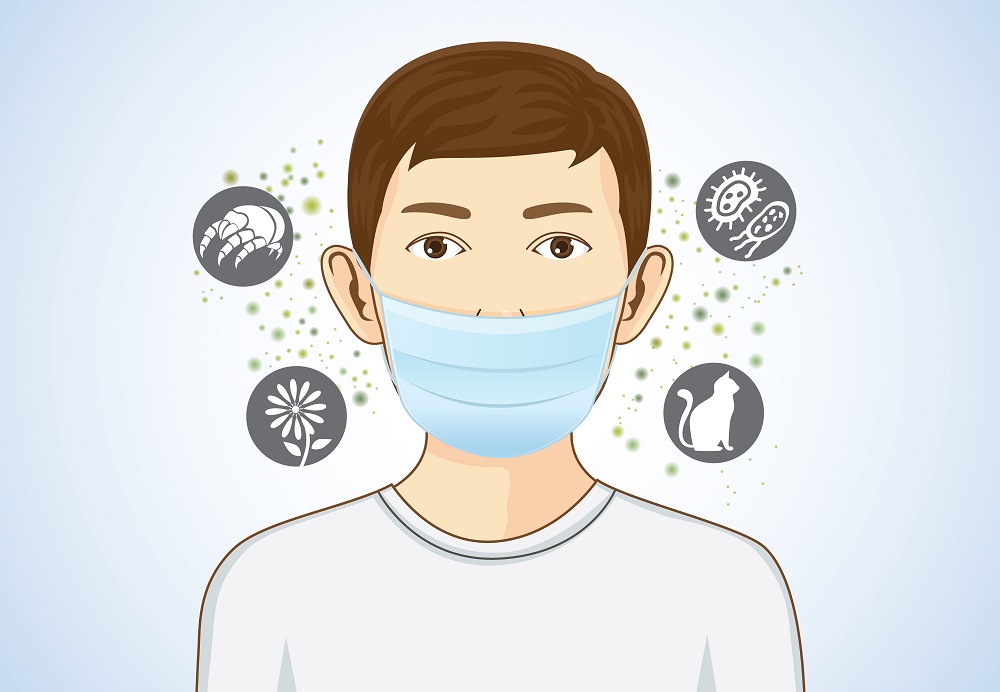Although it is recommended to minimize going out during the COVID-19 outbreak, the demands for medical treatment are inevitable. How to protect yourself from infection during medical treatment? What matters require specialized attention?
How to prepare for seeking medical advice?
Prepare yourself for seeking medical advice according to your own needs. For example, when your child shall be inoculated against conventional vaccines, the first is to consult the local community hospital whether you can postpone the vaccination as the vaccination time approaches, and whether an appointment can be made at different time intervals in advance if an inoculation is necessary, in order to reduce the length of hospital stay.
During the COVID-19 outbreak, some hospitals close the Department of Stomatology, Department of Ophthalmology, ENT Department and other departments, with only Emergency Department opening to the outside world; and others also shut off the VIP Clinic and expert clinic, or are by appointment only. Therefore, please call the hospital in advance to make sure whether your medical needs can be met and whether your medications are available. Make an appointment in time. If common medications are all you need, a community hospital nearby is recommended.
If you have a fever, please go through the list of local hospitals opening the Fever Clinic, and choose a hospital that is able to receive a patient for treatment.
What kind of transportation do you prefer?
If your physical condition permits, private cars, bicycles, electric vehicles and walking are preferred. These trip modes require less contact with others and lower the risk of infection with 2019-nCov. If you are in poor health, you can call an ambulance and explain your condition for help.
If you take public transportation, be sure to wear a mask, usually a surgical mask. Try to keep a distance of at least 1m with others on the way.
Does it require to take a temperature before going to a hospital?
Currently, most hospitals require temperature measurement and filling out a Health Registration Form before entering them, to ask if the patient has been to the affected area or have contacted the people in the affected area. Only one person may be allowed to accompany the patient to the hospital. This is to know the physical condition of the admitted patient, reduce the contact between the infected person and healthy individuals, and lower the risk of virus transmission. So please cooperate with the hospital on this.
What kind of protective measures should be taken during medical treatment?
Wear a mask
The patient and the accompanying person should wear masks before entering the hospital, and should not remove the masks unless needed throughout the entire treatment process. Protective face masks for medical use (such as N95 mask), which are for exclusive use by the medical personnel, are not necessary for ordinary patients. The patient will feel uncomfortable when wearing it for a long time because of poor breathability, and people with poor cardiopulmonary function should avoid it as much as possible. It is recommended that the patient wear a surgical mask, and the accompanying person wear a N95 mask (particulate blocking, preferably without the exhalation valve) when they go to a fever clinic.
Wash hands with soap or hand sanitizer for at least 20 seconds before wearing a mask, and rinse your hands well under running water. Use alcohol-based hand sanitizer to wash your hands if the condition does not permit it. Avoid touching the mask with your hands while wearing it. If you touch it accidentally, it is recommended to wash your hands. It is recommended to replace the mask every 2 to 4 hours. Replace the mask immediately in any of the following circumstances:
- A significant increase in breathing resistance is felt.
- The mask is damaged.
- The mask fits loosely on the face around the edges.
- The mask becomes damp.
- The mask is contaminated by foreign bodies such as snot or droplets.
- Have contacted with the confirmed case (as such mask is contaminated).
- The mask smells bad.

Discard the mask in a closed bin immediately after removing it. Wash hands after removing or replacing the mask.
Hand hygiene
Wash your hands when they are dirty, before wearing a mask, after touching and removing a mask, before eating, after using the toilet, after touching the surface of public facilities such as elevator buttons, before touching the eyes, mouth and nose, and after having direct physical contact with others. You can use soap and running water, or alcohol-based hand sanitizer if the condition does not permit it.